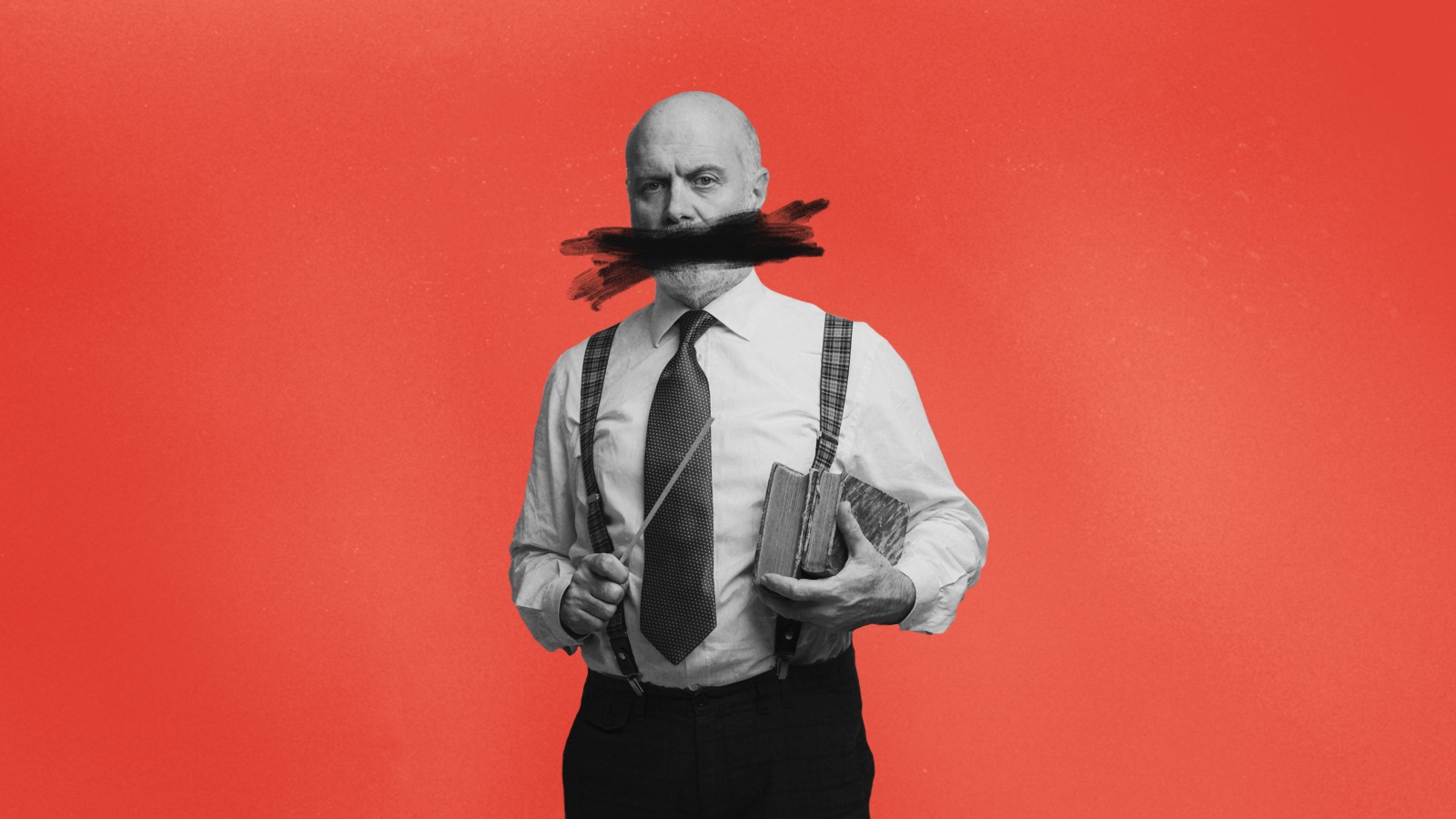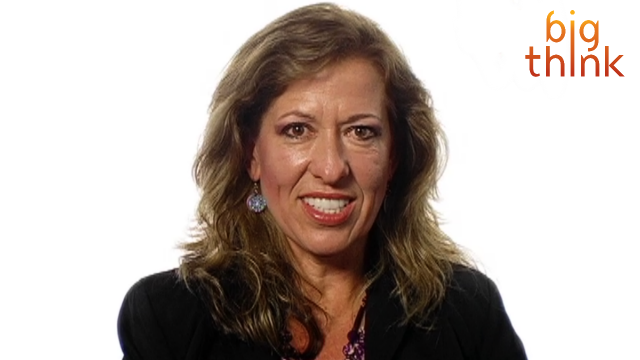Supporting Medical Research Detectives, with Michael Vassar

Michael Vassaris co-founder and chief science officer of MetaMed Research, a medical consulting firm that conducts personalized medical research for clients. In today’s featured Big Think interview, Vassar explains the impetus for forming his research firm while also embarking on a tour de force takedown of modern medical research:
The gist of Vassar’s argument is that rather than diligently investigating the health of patients, doctors have been confined to a system in which they are told to simply execute procedures. Rather than detectives searching for answers, they’re instructed to act like police officers following protocol. Executing procedures is great for “maintaining public order,” says Vassar. It does little in the way of opening doors to new discoveries:
“It’s not a plausibly good way of digging into mysteries of any sort. Likewise the hospitals we have execute procedures which prevent doctors from actually having freedom to think and figure things out. Doctors have sort of legal rights to do so, but they’re basically afraid to do so because the insurance companies and professional opinion and the legal system all make it dangerous to do so at all frequently.
And so what we have is highly trained people who spend many years learning how to think in order to heal people. Then being put in a system that is a glorified factory where they’re not actually allowed to think and figure out how to heal people, but instead are supposed to execute procedures that may or may not work, but which are statistically, if executed correctly and no one’s checking to see if they’re executed correctly, pretty well known to, assuming the literature is true, be on average beneficial.”
That above can be a lot to digest. A good comparison would be to imagine you’re panning for gold in a creek. You’ve been taught to come up with myriad strategies for finding gold that involve various surveys and digs. You know how to adapt, how to investigate, and how to extract the most of anything from the land. But when you get to your claim site you’re told that you’re only allowed to search for gold in one way — sticking your pan in the creek. Sure, you might find some traces of dust here and there in this manner, but because you’re constantly repeating the same action, you’re not able to get to the giant nuggets right below your feet. Vassar wants doctors to be able to take risks and adapt their processes in order to reach for those gold nuggets:
“We have television shows about medical detectives. Dr. House, who was inspired by Sherlock Holmes. But have you heard of the CSI effect? CSI is a television show about forensic detectives and the CSI effect is the policy of excluding people who watch CSI from juries because people who have a reasonable model of what forensic science is capable of, but don’t realize that in realistic practice, in the ordinary execution of the law, this is never done will frequently acquit based on the absence of evidence at a standard that would be considered adequate on television.
And the thing is you could say, ‘Oh silly, gullible public who expects things to be done right like they are on television,’ or you could say, ‘Silly, corrupt system that expects people to consider it legitimate even though everyone can be shown on television what the legitimate scientific, evidence-based version of the system would look like.'”
It’s not that Vassar wants to make fiction reality. It’s that Vassar wants the elements of fiction that should be non-fiction to re-emerge into regular practice. After all, past successes in medical research happened just like you see on television:
“If you look at the sort of research that to which we attribute practically all of the historical successes of science and especially of medicine, we see that there is virtually no funding for it and there is virtually no regulatory framework for doing it legally and for publishing it.”
That, explains Vassar, is why he co-founded MetaMed Research. It’s a firm that you can hire to investigate your personal medical history as well as potential treatments for personal ailments. This is how you produce cutting-edge discoveries. This is how you see results. Allow doctors to be detectives, says Vassar, and watch medical research take off.





